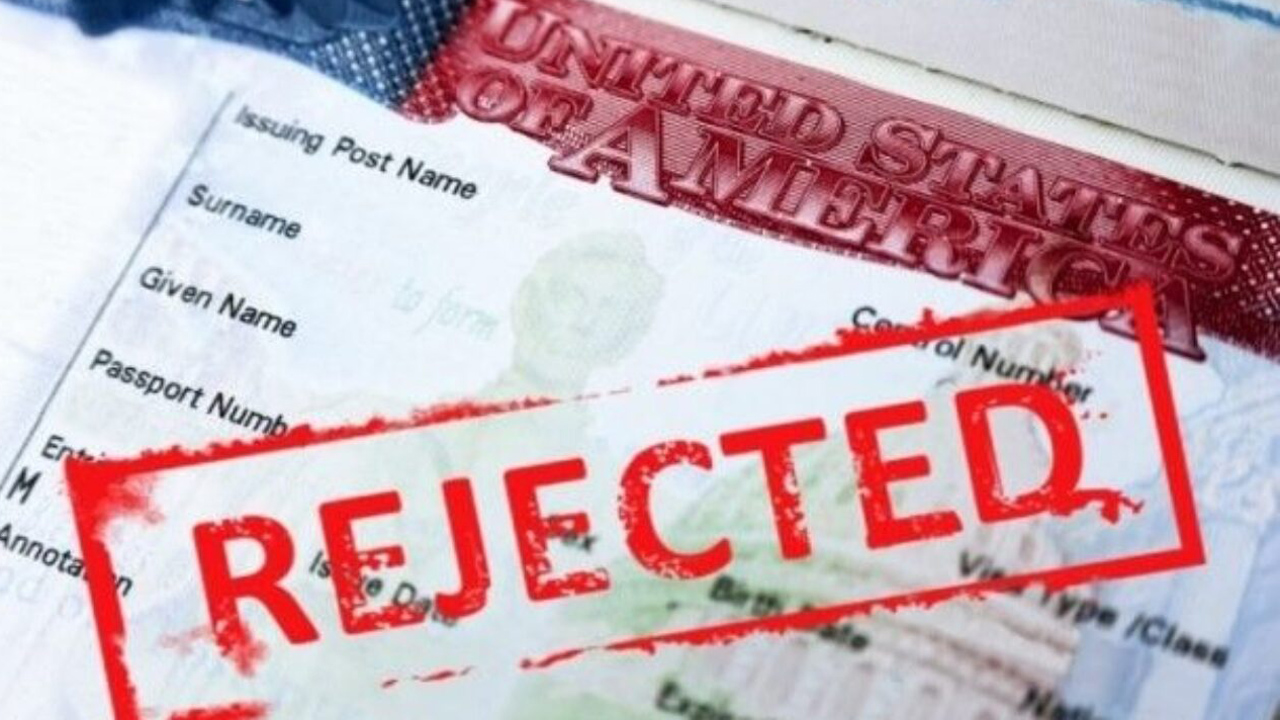The Director-General of the Nigeria Civil Aviation Authority (NCAA), Captain Chris Najomo, has urged the Judiciary to provide more support in efforts to deepen the understanding of laws governing contractual dealings in the nation’s aviation sector, particularly the Cape Town Convention (CTC).
The CTC comprises the Cape Town Convention on International Interests in Mobile Equipment 2001 and the Protocol to the Convention on Matters Specific to Aircraft Equipment.
Najomo spoke at the grand finale of the international CTC moot court, held at the Federal High Court in Abuja on Wednesday evening under the auspices of the CTC Academic Project.
The DGCA of NCAA, who was represented by the Director, Operations, Licensing and Training, NCAA, Captain Donald Tonye Spiff, said the CTC “has actually put Nigeria in a better perspective to aircraft lessors and general aviation business in Nigeria.”
The well-attended event was organised by the Federal Ministry of Aviation and Aerospace Development, and the NCAA, with support from the Aviation Working Group (AWG).
Najomo said the purpose of the programme is to familiarise students, academics and judges with the CTC in the context of complex hypothetical fact patterns, and provide students with educational exercises involving these instruments (CTC) in a simulated judicial setting.
He noted that, previously, most airline manufacturing or leasing companies had not wanted to conduct business in Nigeria, but with the CTC, assurances have now been given.
Najomo added: “Through the efforts of the Honourable Minister of Aviation and Aerospace Development, Mr. Festus Keyamo SAN, we are now in the good books of these organisations.
“And, this is an enlightenment programme to tell the world that we have arrived and we are ready to do business,” he said.
The DGCA, NCAA hailed the performance of the students, who participated in the programme and commended them for their display of brilliance and commitment, noting that it shows the country’s capacity in every sector.
The Secretary General of the AWG and Co-Director of the CTC Academic Project, Jeffrey Wool, said he was thrilled by the first Nigerian international CTC moot court.
Wool said the CTC is a very important international treaty, ratified by Nigeria, adding that the moot court “is a way to introduce students and the legal system to this all-important treaty” and further familiarise the court with the provisions of the treaty.
He said the CTC is very important economically to the country, and noted that the Federal High Court recently out in place a practice direction on how to address CTC-related cases.
The event featured the simulation of a real court experience, involving two opposing legal teams made up of Law students drawn from the University of Benin and the University of Lagos.
The moot court was held under the supervision a three-member panel of judges of the Federal High Court, Abuja – Justices Binta Nyako (who presided), Joyce Abdulmalik and James Omotosho.
Osauyi Temiloluwa Agbonwaneten the lead counsel in the University of Benin’s team) came first in the area of advocacy, Adedayo Michael (the lead counsel in the University of Lagos’ team) came second.
Falotan (of the University of Lagos) came third, while Bawi Toluwaleyi Testimony came fourth.
The Nigerian moot court competition saw 18 universities, drawn from all the nation’s six geopolitical zones, participating in the preliminary round.
The University of Benin and University of Lagos, which competed at the final held on November 12, emerged as the two overall best from the preliminary round.





